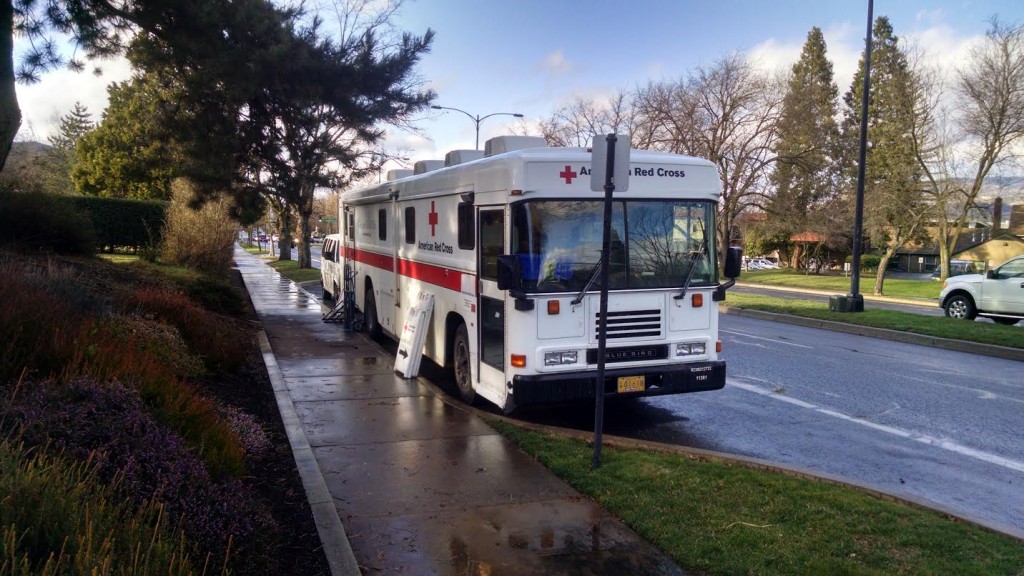
Southern Oregon University students are speaking out against a Food and Drug Administration (FDA) ban that does not accept donated blood from men who have had sex with men and also women who have had sex with men with male partners in the last 12 months.
For this reason Torii Uyehara, Associated Students of Southern Oregon University (ASSOU) Student Body President, and Adam Railsback, Staff Manager of the Queer Resource Center (QRC), say the FDA ban discriminates against gay men and therefore blood drives are not typically allowed on campus, “It was first put in place by a revolution of students in 2003. Student government really responded to the student voice on campus.” Uyehara tells the Siskiyou. “This happened at the same time ASSOU was talking about discriminatory policies in the military, “don’t ask, don’t tell.”
Students like Uyehara and Railsback note that not allowing blood drives because they believe they discriminate is intended to promote inclusivity. They also acknowledge the change needs to come from the Food and Drug Administration (FDA) and it’s not the fault of the Red Cross or anyone who accepts donated blood. Still, the regulation goes against what SOU is about, “We are an inclusive campus and we really try to include everyone.” He says the policy of not allowing blood drives on campus was put in place so students wouldn’t feel marginalized by the FDA ban.
In 2014, the FDA revised their rules from a lifetime ban to a 12-month ban against sexually active homosexual men. The FDA’s official webpage explained, “Based on the evidence now available, FDA has changed its recommendation from the indefinite deferral for MSM (men who have had sex with other men) to a 12-month blood donor deferral since last MSM contact.”
“The FDA revision is a slight acknowledgement,” Uyehara says, “but it doesn’t really do a lot.”
The FDA’s ban still prevents sexually active men who have had sex with another man, and women who have had sex with gay and bi-sexual men from donating blood.
Railback responds, “It’s not realistic to ask someone who is sexually active to abstain for 12 months.”
The original policy came into effect when the AIDS epidemic in the United States began. Due to misunderstandings of how the disease was transmitted, it was assumed that homosexual men spread it. The FDA ban occurred in 1983. Fast forward to 2014, when they put the revision in place. Over 30 years passed before anything changed. That change, many argue, is not much better.
The Siskiyou asked Uyehara and Railsback what they believe needs to happen before blood drives can occur on campus again.
“I think that one thing people can do is take people’s word when they say that it is affecting them and stigmatizing and discriminatory. We need people educating other people about why the [campus] ban exists. Commit yourself and get your friends involved in a letter writing campaign,” says Railsback. Railsback acknowledges that changing the FDA regulation will take years, and he does not expect things to change soon. Still, being an ally is important.
Uyehara states that if the FDA ban is lifted, there would be no need for SOU to ban blood drives. “We need to see students who are really driven to see this discriminatory policy change. Students that really want blood drives back on campus could be the fire that can leverage change at the federal level.”
Uyehara closes with the statement, “I feel it is important that when students feel personally discriminated against on our campus, that we uplift that voice.”
If anyone wishes to know more about SOU’s regulation regarding blood drives, they can contact ASSOU.



